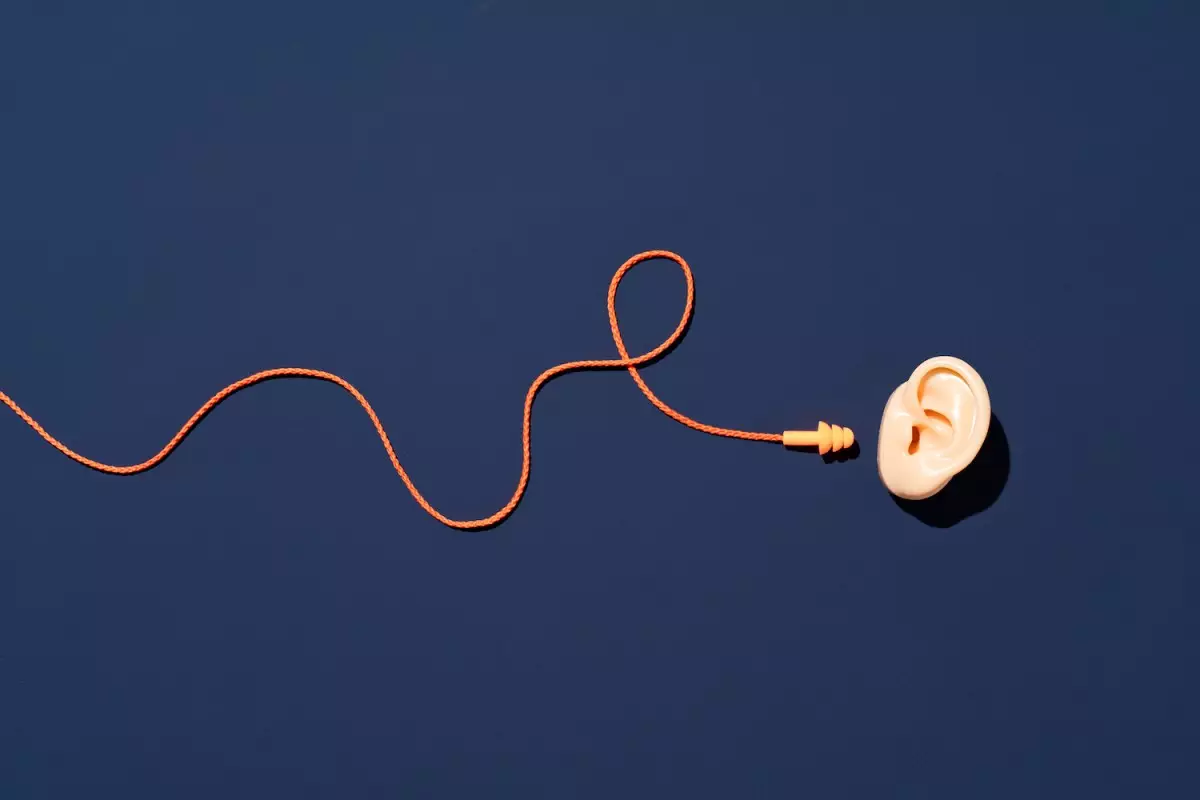In recent years, noise-canceling headphones have surged in popularity, offering users the chance to immerse themselves in their audio environments without the disturbance of external sounds. While these devices provide undeniable benefits for commuters, travelers, and those working in busy environments, they also pose potential risks that have begun to raise alarms among health professionals. A striking report from the BBC delves into the complexities of this technology and its potential effects on cognitive processes related to sound perception.
The issue at hand extends beyond the conventional hazards associated with loud music. A growing body of anecdotal evidence suggests that frequent users of noise-canceling headphones may experience challenges in auditory processing—the brain’s ability to interpret and respond to sounds, speech, and environmental noise. The report shares a compelling case of a 25-year-old woman from the U.K. who, despite having normal hearing abilities, was diagnosed with Auditory Processing Disorder (APD). This disorder, which compromises the brain’s capability to understand auditory stimuli, appears to be on the rise among younger individuals in the U.K., prompting the question: Is our modern approach to sound contributing to these changes in brain function?
Experts are beginning to speculate that noise-canceling technology might inadvertently be rewiring the auditory pathways of the brain. For individuals who habitually rely on this technology to eliminate background noise, the brain may lose its natural ability to filter and engage with a wide range of auditory inputs. Instead of training their brain to discern important sounds from ambient noise, users might be inhibiting their cognitive development in this area. This theory necessitates urgent research into the neurological ramifications of prolonged exposure to such devices, as the shift in habitual sound management techniques could have long-term consequences.
Audiologists across five departments of the U.K. National Health Service have acknowledged an uptick in referrals from young individuals facing sound processing troubles. The evident connection between the surge in noise-canceling device use and these neurological conditions underscores an urgent need for further investigation. Experts, including the audiologist caring for the aforementioned patient, are advocating for clearer guidelines around headphone use and noise exposure, especially for younger demographics who are often more susceptible to cognitive changes.
As society continues to embrace the convenience of noise-canceling headphones, awareness and moderation are vital. Users must recognize the potential implications of relying too heavily on these devices, including the risks of reduced auditory processing skills. Striking a balance between enjoying the benefits of modern technology while safeguarding auditory health is essential. Future research will hopefully illuminate the intricacies of this relationship and guide users toward safer listening habits that do not compromise their cognitive functions. By fostering a more informed approach, we can enjoy sound without sacrificing our brain’s health in the process.

